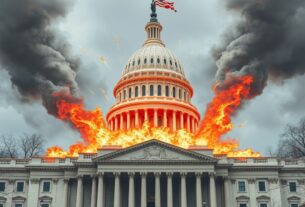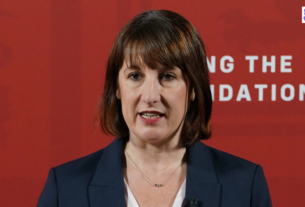British businesses have been dealt a significant blow following a sudden reversal by US President Donald Trump, who confirmed that the 25% tariffs on UK steel and aluminium imports will remain in effect. This announcement comes despite a recent trade agreement between the UK and US, which had been widely celebrated as a milestone, with promises to eliminate these tariffs altogether.
Last month, Prime Minister Keir Starmer and President Trump jointly announced a trade deal, with the UK government emphasizing that the longstanding tariffs would be reduced to zero, offering vital relief to British exporters. However, in a statement on May 30, President Trump indicated plans to increase global tariffs on steel and aluminium to 50%, while confirming that UK tariffs would remain at the current 25% rate for the foreseeable future.
The decision has raised concerns among UK manufacturers, particularly in regions heavily reliant on steel and aluminium production. Many businesses are already navigating challenges from Brexit-related regulatory changes and global supply chain pressures, and the continuation of tariffs adds further strain. Industry leaders have expressed disappointment, highlighting the impact on investment and competitiveness.
Trade Secretary Jonathan Reynolds is scheduled to engage with US representatives at the upcoming OECD meeting, where the issue will be a priority. Despite this, analysts suggest the UK’s bargaining position may be limited amid the US’s continued focus on protecting domestic industries. The situation has also prompted broader questions about the UK’s ability to secure stable and enforceable trade agreements post-Brexit.
Business organizations and trade unions have called for urgent government intervention, including exploring possible retaliatory measures or support for affected sectors. Meanwhile, the UK government maintains it is committed to diplomatic efforts aimed at resolving the dispute and restoring confidence.
This development underscores the volatility of international trade negotiations and the risks that British businesses face in an uncertain global environment. While the initial trade deal offered hope for renewed transatlantic economic cooperation, the reinstatement of tariffs highlights the ongoing challenges ahead.




